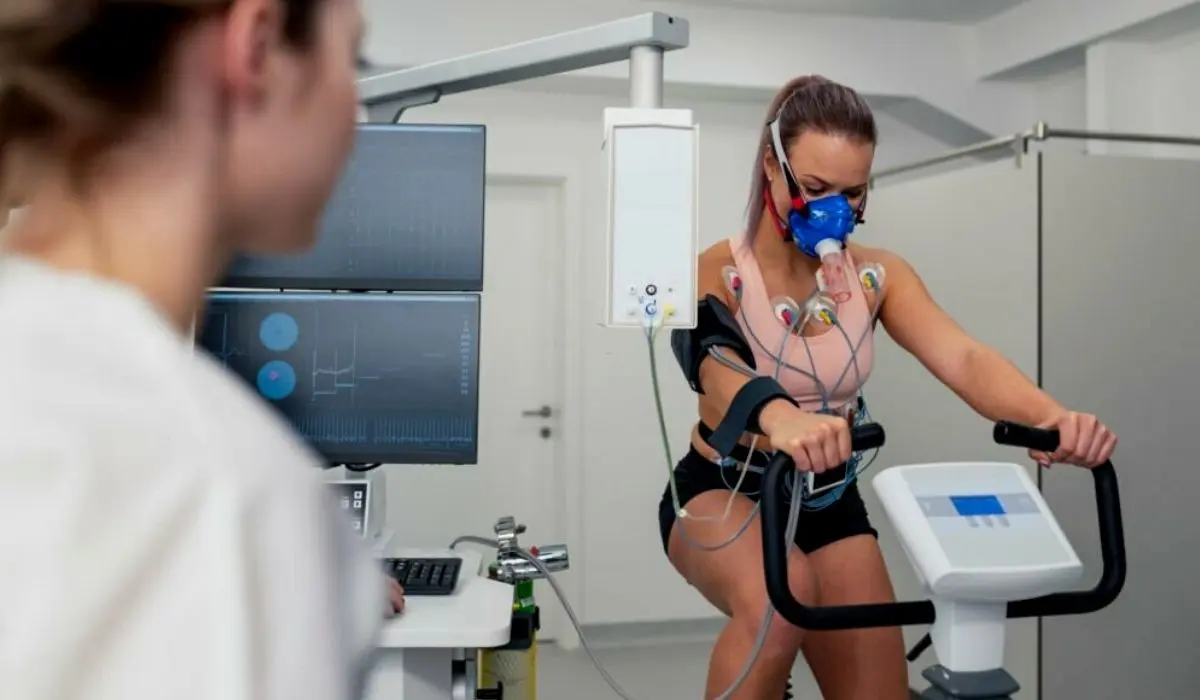Cycling is a popular activity that enhances mental well-being and physical health. It enables the joints to move with ease and impact on the body. Exercising outdoors lets your body release natural chemicals to make you feel vibrant and bond with the environment, relieving symptoms of depression and anxiety. However, cycling isn’t as smooth as it seems because cyclists must consider many factors to stay fit. This is where cycling-specific physical therapy comes in handy.
What Is Cycling-Specific Physical Therapy?
Cycling-specific physical therapy is a subspecialty within physical therapy concerned with caring for the unique needs of cyclists through treatment and rehabilitation programs. It focuses on biomechanics, musculoskeletal demands, and potential injuries related to cycling to enhance a cyclist’s performance, alleviate pain, prevent injuries, and secure a fun-filled riding experience.
Biomechanics And Bike Fit
One of the essential components of cycling-specific physical therapy is evaluating a cyclist’s biomechanics and bike fit. Cyclists need a good bike fit for comfort and efficiency. Otherwise, they may experience discomfort, pain, and injury.

Physical therapists who are experts in cycling will examine the rider’s body positioning on the bike, as well as saddle height, handlebar reach, and pedal alignment. These settings should be adjusted because they can determine a cyclist’s comfort and power output.
Injury Prevention
Achilles tendonitis, patellar tendonitis, iliotibial band syndrome, elbow pain, hand numbness, low back pain, and neck pain are common injuries in cycling. The following are recommended strategies from a physical therapist for preventing cyclist-related injuries:
- Adequate bike fitting: Before embarking on your first ride, ensure you have the correct bike fitting. Your physical therapists will detect the biomechanical factors causing pain or injury and remove them. Taking note of cadence, power output, crank length, saddle position, saddle height, and foot positions will help prevent pain and overuse injuries.
- Enough rest: Sleeping 8-10 hours per night helps cyclists prevent injuries and sports enhancement.
- Strength training: Keeping the muscles strong also helps to prevent injuries. Your physical therapist will detect areas of weakness and develop strategies to tackle them to avoid pain/injuries.
- Take it slow: You should train and practice any physical activity step-by-step and advance from there.
- Dynamic warm-ups: Begin your training with foam rolling or a light ride to effectively warm up tissue without negatively affecting performance and may result in fewer injuries.
- Consuming a healthy diet: Nutrition leads to good health and injury prevention as long as it lacks any fad diets. Also, note that recovery meals are as essential as pre-game meals.
- Drinking enough water: You need proper hydration for recovery and injury prevention.
Performance Enhancement
Besides preventing injuries, cycling-specific physical therapy also helps to improve a cyclist’s performance in the following ways.
- Strength and conditioning: Physical therapists help cyclists develop customized strength and conditioning exercises for building power and maintaining stamina in specific muscle groups.
- Flexibility and mobility: Cyclists should perform stretching routines to enhance their range of motion for seamless pedaling and injury prevention.
- Balance and stability: This is important for bike handling and safety. Physical therapists may include exercises to improve a rider’s balance to minimize falling and accidents.
- Biomechanical assessment: Physical therapists can use advanced tools and techniques to perform a detailed biomechanical assessment of a cyclist’s pedal stroke and body positioning, discovering areas to adjust for enhanced performance.
Rehabilitation
After an injury, cycling-specific physical therapy can be helpful in the rehabilitation process. Therapists offer rehabilitation programs for fostering healing and ensuring a cyclist can return to riding with a lower risk of re-injury. This rehabilitation may include:
- Progressive exercises: Slowly reintroducing cycling-specific activities to regain strength and endurance.
- Manual therapy: Hands-on techniques to reduce pain, enhance joint mobility, and alleviate muscle tightness.
- Education: Instructing cyclists about the correct technique, body mechanics, and injury prevention strategies.
- Ergonomic adjustments: Adjusting bike setup and riding techniques to reduce strain on the injured area.
Benefits Of Cycling-Specific Physical Therapy
Cycling-specific physical therapy can provide the following benefits to cyclists of all levels:
- Better performance: Optimized biomechanics, strength, and flexibility can lead to higher power output and improved overall performance.
- Injury prevention: By tackling potential problem areas before they escalate, cyclists can minimize the risk of overuse injuries.
- Speedy recovery: Injured cyclists can collaborate with a cycling-specific physical therapist to boost the rehabilitation process.
- Improved comfort: Proper bike fit and body positioning alleviate discomfort during long rides.
- Longevity in the Sport: Adequate injury prevention and management can enable cyclists to enjoy their favorite activity for many years.
Read More:- Cross-Training For Injury-Free Athletes: Stay Injury-Free
Conclusion
Cycling-specific physical therapy is an essential resource for cyclists (casual rider or competitive athlete) who wants to improve their performance and prevent injuries.
You can be a fit cyclist through cycling-specific physical therapy by focusing on bike fit, injury prevention, performance enhancement, and rehabilitation, cycling-specific physical therapy while being safe and comfortable on the road or trail. You need a cycling-specific physical therapist, if you love cycling, to bring the best out of you.